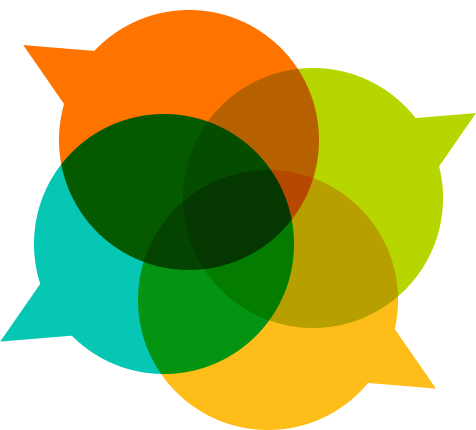Hi team, here’s a draft of the blog post I’d like to post tomorrow. Feedback welcome on the doc or here in Discourse: Motivation and Mindsets Recap Blog Post - Google Docs

Photo: http://www.flickr.com/photos/mitmedialab/11860975964/in/photostream/

Hi team, here’s a draft of the blog post I’d like to post tomorrow. Feedback welcome on the doc or here in Discourse: Motivation and Mindsets Recap Blog Post - Google Docs

Photo: http://www.flickr.com/photos/mitmedialab/11860975964/in/photostream/
Great writeup @vanessa!
I like the idea that instead of having courses finish with completion that they finish with the creation of a group. Do you think it should be one group or multiple groups?
Also, do you think a group that is formed during at the end of a course can serve the purpose of recognition?
Great post. You could add a few sentences about “belonging” and the kinds of issues that field tries to address, e.g. the feeling that “I don’t belong here” that many students have when they transition from school to university, and the fact that people with low sense of belonging display poor learning behaviors, e.g. they tend to ask fewer questions (because that would only show that they truly don’t belong, because everyone else doesn’t need to ask).
And one comment about considering courses as on-ramps into communities. All learning is about entering communities (building identities within the context of communities). In some cases that means thinking about the communities that get create by our courses and how to sustain them, in others cases it might be finding out where the community exists and communicates, and designing the course to help people access it (and leaving the course behind).
Hi @vanessa,
I enjoyed reading your article. I have a few thoughts on it, if that is alright.
In the article, you reference the DIY.com modal of identity and community, whereby participants are interperlated into a role, which then associates them to a community within DIY.com . I agree that this seems quite effective in establishing a community. However, two problems immediately come into my mind. Firstly, I think about something Carl Jung wrote about in one of his published lectures on psychopathology. He talked about the dangers of labelling. One of the problems with labelling is that a person very quickly assumes that label. This might at first be seen as a good thing here, however, it occurs to me that it might lead to the narrowing of learning. If I am a “botanist”, I will tend to learn about “botany”. However, if I am a “learner”, I might learn about botany, as well as many other things. I feel I have not expressed by thought here very well, but I hope you can see the connection I am trying to make between the interpolation into a label/role and the subconscious limitation of learning experiences.
Under the section on “Take Aways”, you mention “Shift the focus from building time-dependent “courses” to larger, learning communities.” I think this would have many benefits, but I also think that without the time-dependent nature of some of the courses, some value will be lost. (Side note: not all courses on P2PU are time-dependent. It is actually a setting the course organizer can manipulate) I am/have taking/taken some time-dependent courses here, and the availability and focus of the organizer is very valuable. On the other hand, I have created some courses which are not time-dependent. I am finding it very difficult to keep up with all the questions and comments which come through multiple times per day for each of the courses (this is made more difficult as there are no notifications that a new comment has been made in Disqus on a course content section). Although, having said this, I do acknowledge that it might just be the case that I have not given much thought to how I could better structure the courses to be better suited to being time-independent.
What about linking badges into this in some way. Perhaps rather than use the terminology of “complete the course”, it could be “earned a badge”. Perhaps badges from the course could be the link to the various communities that the course could feed into. This might allow for more flexibility in learning, where, rather than one course feeds into one community, depending on the badges from the course a participant decides to engage with and apply for, they could potentially “flow” into multiple groups or communities.
Regards,
Ralfe
I’ll let @vanessa chime in here, but that was some of the thinking behind badges over at badges.p2pu.org
Thank you all so much for your feedback 
I’m going to refine my thoughts to say that courses would be time-limited introductions to larger communities.
One of the core issues with Badges is that most of the time it’s either a 0 or 1–someone got the Badge or they didn’t. We tried to add iteration to the experience, but generally I like to prime experiences that show effort versus achievement.